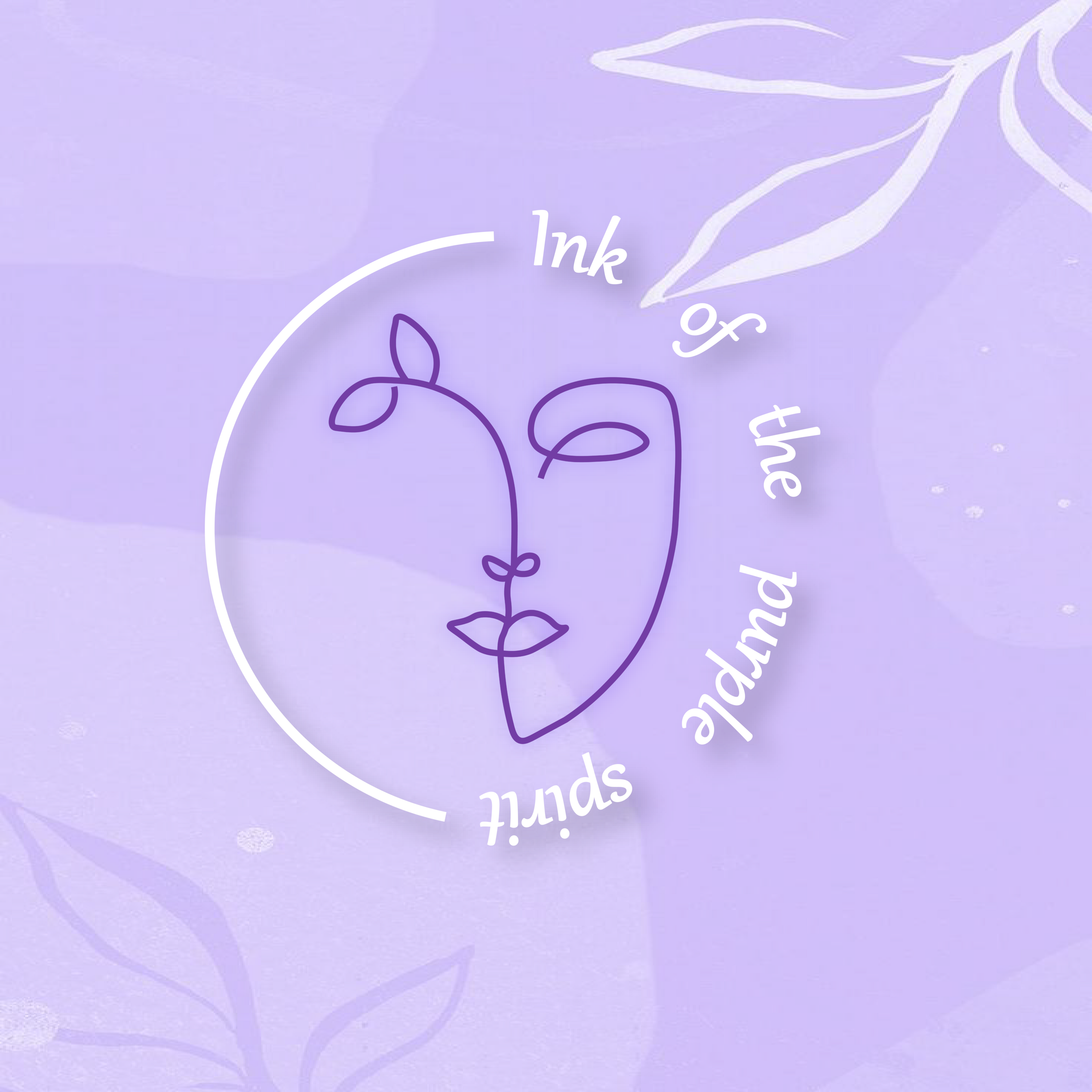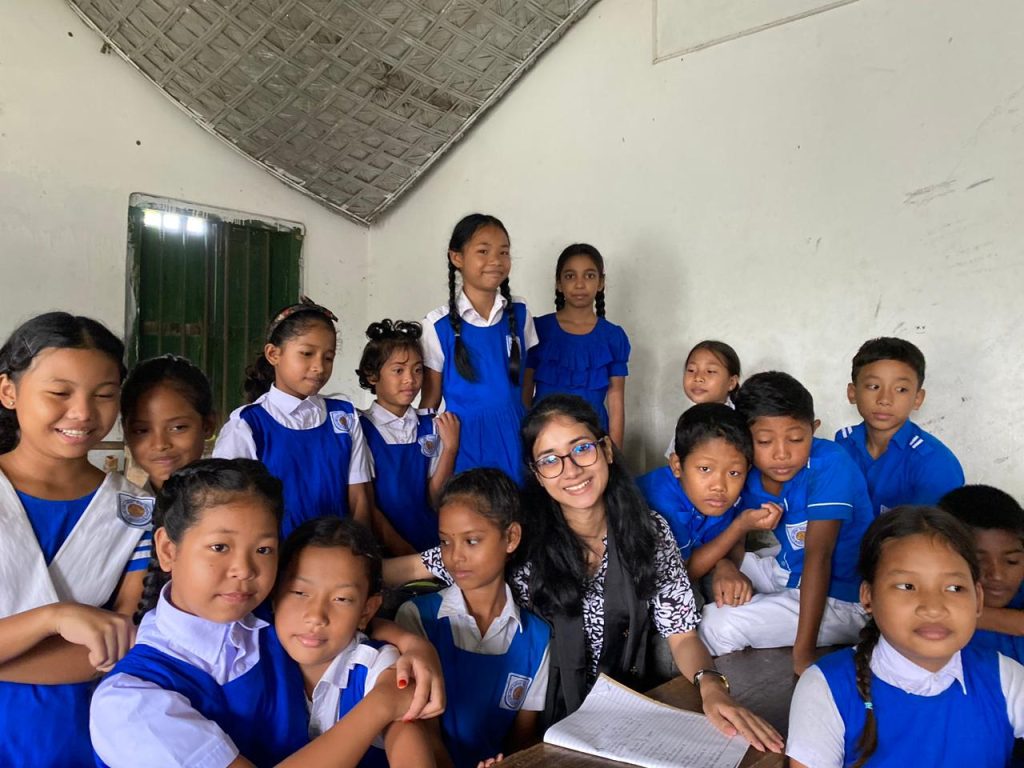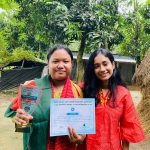
When was the last time you saw your mother?
Last Christmas.
When will you see her again?
This Christmas.
Do you miss your mother?
She stared at me blank.
As soon as she blinked, I realized I shouldn’t have asked her that question. Happy Borua is her name. Her voice became deeper, and I realized she was struggling to choke back tears. That feeling when pain sits in your throat, when you cannot control the emotions, when you struggle to keep talking. The pain flows through your chest, like a massive stone weighing down your heart.
During a regular visit to Mymensingh, my team and I decided to visit missionary schools. We covered Gabrakhali and descended to the plain lands, choosing to explore the first school we encountered. At Saint Mary’s Missionary School, we discovered an incredible Christian community dedicated to teaching and nurturing education. We conversed with young girls, gathering data about their challenges and needs, and were thoroughly impressed by their intelligence and technological awareness.
Just as we were about to visit the school’s junior section, I heard a whisper in the Garo native language: “Look at that girl from the city, she looks like my sister.” I turned back and saw a five-year-old boy studying in the elementary school. Later, I joined their class with my team, engaging them in conversation about their lives.
These were five-year-olds, and our questions were predictably childlike: “What do you want to be? Why do you like to eat? Why do you have so many cavities?” But when we shifted to discussing their dreams, their responses astounded me. “I want to be a fighter like Mary Kom!” “I want to be Shah Rukh Khan!” “I want to be a pilot!” “I want to be a teacher!”
Then, suddenly, a kid proclaimed, “I want to be a train driver.” Odd and unique. Why would a five-year-old girl want to drive a train? When I asked her why, her response pierced my heart: “To see my mom. I would ride the train to Bandarban and see her face every week.” Bandarban, another densely populated aboriginal community, was 167 miles away from where she was.
I later learned that girls like Happy and Santra leave home when they are just 4 or 4.5 years old for education. There are few Christian community and missionary schools in Chittagong and Bandarban, and living there is incredibly risky. I was already aware of the risks, having witnessed the violence in that military-controlled red zone of aboriginal protest.
As I continued asking each child about their hometown, their joy and excitement gradually diminished. I knew I was making them nostalgic, stirring memories of their mothers. Some were on the verge of tears while talking. Still, I steeled my heart, drew them closer, and my team and I held their hands, trying to understand their lives more deeply.
They all left home at the tender age of 4. Living in a hostel campus, they only communicate with their parents once a week. Sisters at the hostel take care of them. Most love eating cakes, beef, and pork. But because there’s no Christian cook and Muslims are forbidden from cooking pork, they only get beef curry on weekends. Christmas is their sole opportunity to enjoy their favorite meals when family arrives to take them home by train.
Suddenly, Happy’s dream of becoming a train driver made perfect sense.
I recalled my first day of school, my heart racing at 100/120 beats for those three hours. Some of my peers cried inconsolably for a month. What must it have been like for Happy, leaving home at just 4 years old?
I understood why Mekhail said I resembled his sister. He wanted to show his friends what she looks like, perhaps often talking about her, painting a picture of someone he misses profoundly. Maybe his life would have been different if he could see his sister daily, eat his favorite meals, go to school together.
We all leave home at some point – I did at 16, others when leaving for college, jobs, or marriage. But these children? They left after just four years of life. What are their core memories? Do they know how their father perceives life? Have they learned their mother’s favorite recipes? Do they witness their family’s significant moments? Do they see their younger siblings grow? Do they even get to have a pet?
What stories will they tell their own children about their childhood?
These questions haunted me on my journey back to Dhaka. I remembered Chumki from Chittagong, who taught me to braid my long hair, a skill she learned from her grandmother. What about Happy? Had she ever learned a hairstyle from her grandmother?
I call them weekly, try to visit as often as I can. Yet, deep down, these questions persist. I realize there are countless other Happys, Mekhails, and Arjons whom I’ll never know, whom I couldn’t embrace. Sitting alone by the train window, I pondered: What if I didn’t know the Mandi language? I would have never understood Mekhail’s words about my resemblance to his sister. This conversation would never have happened. I wouldn’t have met them.
And in that moment, the weight of unspoken stories, of separated families, of childhood sacrifices, pressed against my heart – a narrative of love, longing, and resilience.



https://mazda-demio.ru/forums/index.php?autocom=gallery&req=si&img=6342
Awesome https://is.gd/tpjNyL
Awesome https://is.gd/tpjNyL
Awesome https://is.gd/tpjNyL
Very good https://is.gd/tpjNyL
Good https://shorturl.at/2breu
Awesome https://shorturl.at/2breu
Very good https://shorturl.at/2breu
Good https://shorturl.at/2breu
Awesome https://shorturl.at/2breu
Awesome https://lc.cx/xjXBQT
Awesome https://lc.cx/xjXBQT
Very good https://lc.cx/xjXBQT
Very good https://lc.cx/xjXBQT
Good https://lc.cx/xjXBQT
Good https://dub.sh/LAqZ3qv
Awesome https://short-url.org/10VGf
Good https://t.ly/tndaA